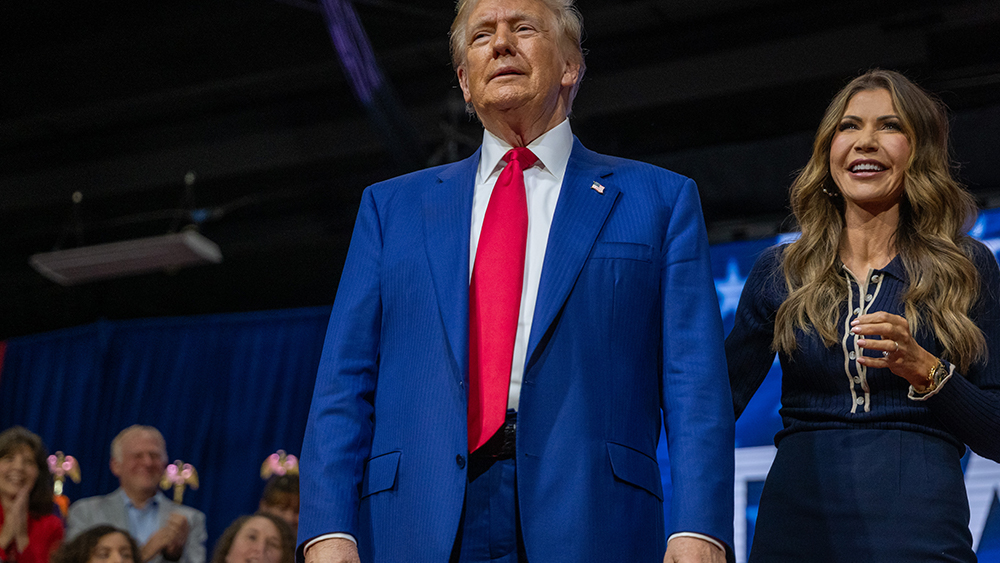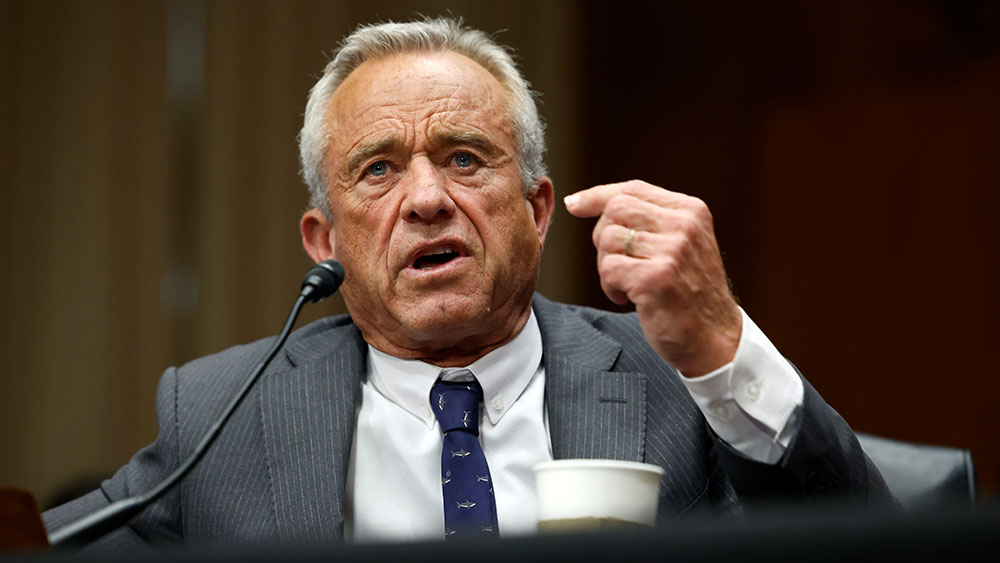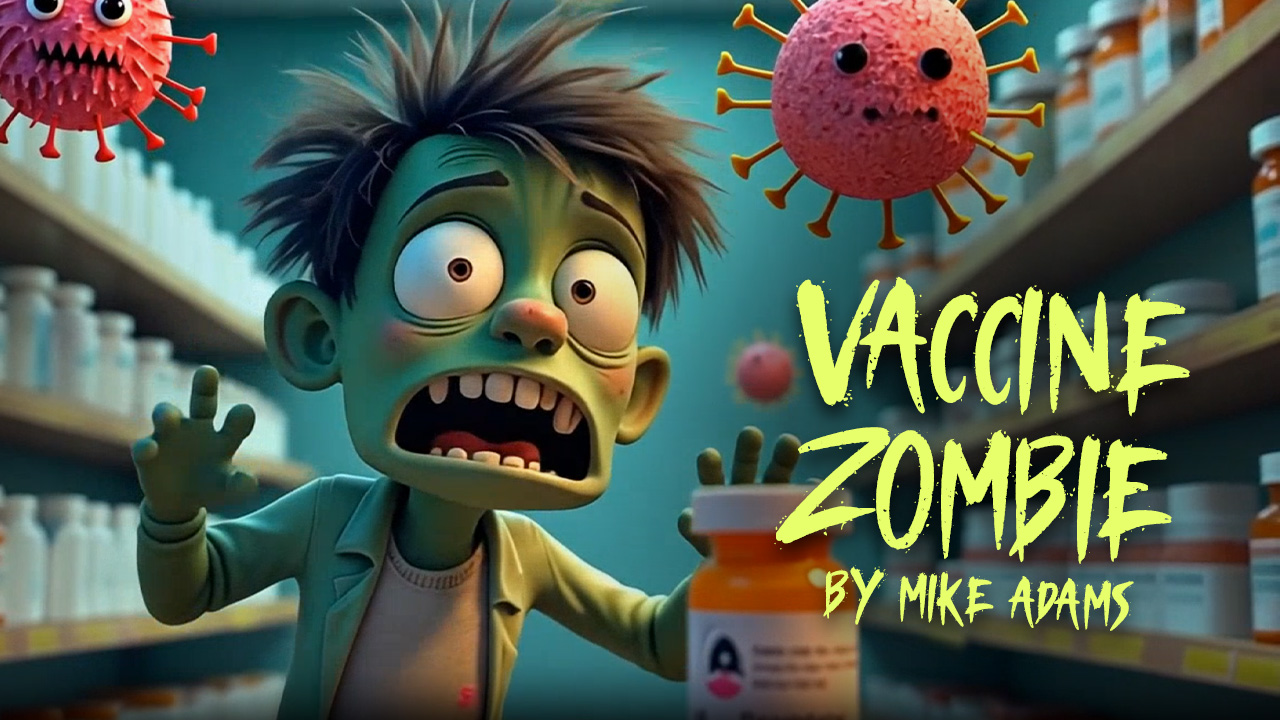 Parler
Parler Gab
Gab
- The Trump administration plans to terminate approximately 5,200 federal workers from the Department of Health and Human Services (HHS), including the CDC and NIH, primarily targeting employees in probationary periods.
- The CDC is expected to lose about 1,300 workers, while the exact number at the NIH remains unclear. Leadership changes, including the departures of key figures like Nirav Shah and Renee Wegrzyn, highlight the extensive nature of the shakeup.
- Newly confirmed HHS Sec. Robert F. Kennedy Jr. is behind the cuts, promising deep reductions and criticizing certain HHS departments for inefficiency and corruption.
- Experts warn that the layoffs could disrupt critical public health functions such as outbreak response, vaccine development and disease surveillance, as well as hinder the NIH's ability to fund and conduct vital scientific research.
- The termination of a competitive research program for undergraduate students, which trained future biomedical scientists, and the overall brain drain could undermine the U.S.'s global competitiveness in scientific research and public health.
Leadership and structural changes
The mass firings come amid broader leadership changes at HHS, with newly confirmed Sec. Robert F. Kennedy Jr. (RFK Jr.) vowing to make deep cuts across the department. In an MSNBC interview last November, Kennedy criticized certain HHS departments, particularly the nutrition department at the Food and Drug Administration (FDA), and suggested they were not fulfilling their mandates. He has also promised to fire at least 600 NIH employees, labeling it a necessary step to root out "corruption" within the agency. In a recent X post, Kennedy told FDA employees, "You are part of a corrupt system" and warned them "to preserve their records and pack their bags." Kennedy's stance has intensified concerns among current and former HHS employees. Dr. Lawrence Tabak, the former acting director of NIH, resigned abruptly on Feb. 11, adding to the list of high-profile departures. The abrupt termination of thousands of federal health workers could have far-reaching consequences for public health and scientific research. Experts warn that the mass layoffs could disrupt critical functions, such as outbreak response, vaccine development and disease surveillance. The NIH, which funds research into various diseases and conditions, could see a significant brain drain, potentially hampering its ability to compete globally. One high-level researcher, speaking on condition of anonymity, expressed concern over the shutdown of a highly competitive intramural research program for undergraduate degree holders, which trains the next generation of biomedical scientists. "These are the best and the brightest to get their training and become world-class scientists to compete with China," the researcher said. The program, which had about 1,600 participants last year, will not fill more than 1,000 positions this year. The Trump administration's decision to fire thousands of federal health workers marks a stark shift in the nation's public health and scientific landscape. While the administration argues that these cuts are necessary to streamline and improve the efficiency of government agencies, critics warn of severe disruptions to vital public health services and scientific research. As the changes take effect, the impact on the CDC, NIH and other HHS agencies will be closely watched, with many experts and stakeholders concerned about the long-term consequences for American health and science. Head over to Trump.news for more stories related to the president's moves to streamline the bureaucracy. What will RFK Jr. do in his first few days as HHS secretary? Watch this video. This video is from the Sanivan channel on Brighteon.com.More related stories:
The SAME PEOPLE furious over MASS FEDERAL LAYOFFS are the ones who DEMANDED mass firings for whoever refused the deadly COVID clot shots. Breaking: Senate confirms Robert F. Kennedy Jr. as HHS Secretary, signaling a new era for public health. HOPE: RFK Jr.'s appointment as HHS secretary marks a new chapter in America's health debate. Sources include: NYPost.com LinkedIn.com Brighteon.comUnearthing the EPA’s buried treasure: $2 BILLION to shady green group tied to Stacey Abrams
By Willow Tohi // Share
Trump administration moves to expose and dismantle USAID amid accusations of widespread corruption
By Belle Carter // Share
RFK Jr.’s appointment as HHS secretary: A call to uncover America’s health crises
By Kevin Hughes // Share
Governments continue to obscure COVID-19 vaccine data amid rising concerns over excess deaths
By patricklewis // Share
Tech giant Microsoft backs EXTINCTION with its support of carbon capture programs
By ramontomeydw // Share
Germany to resume arms exports to Israel despite repeated ceasefire violations
By isabelle // Share










